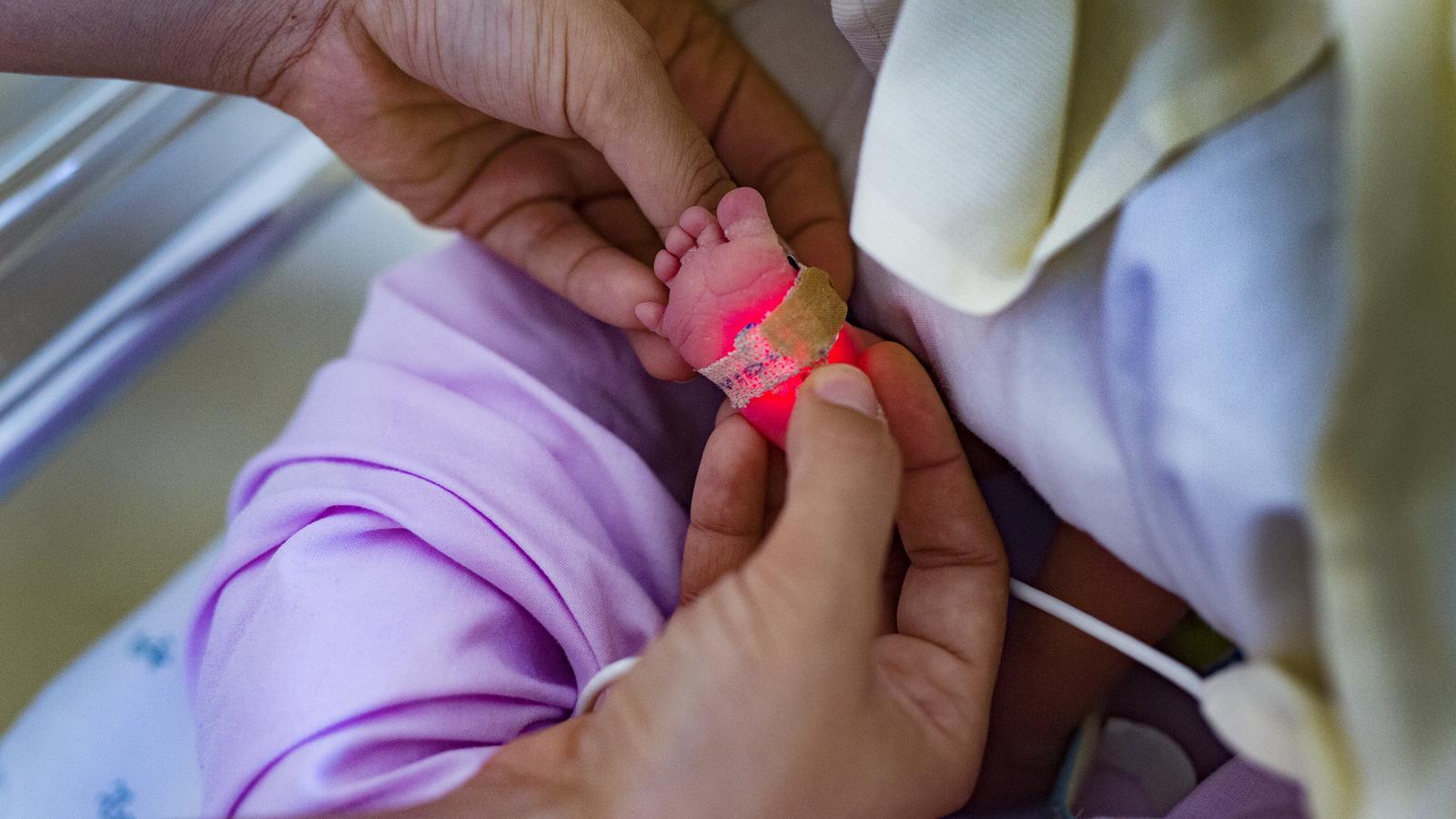The case of a girl with a very aggressive tumor opens the door to a new treatment.
Catalan researchers demonstrate the success of an immunotherapy that had not been tested in children.


BarcelonaWhen Julia [not her real name] was only five months old, she was diagnosed with a rhabdoid tumor in her kidneys, a very aggressive and extremely rare type of cancer that has no effective personalized treatments. In all of Spain, only twelve cases are diagnosed each year, almost all of them in children under two years of age. At San Juan de Dios Hospital, her tumor was removed and she began treatment with chemotherapy and radiotherapy. In addition, they applied a type of immunotherapy that until now had only been used in adults. Together with researchers from the National Center for Genomic Analysis and the Institute for Research in Biomedicine of Barcelona (IRB), they spent a year evaluating the response to this therapeutic strategy.
This is a type of immunotherapy that strengthens the body's defenses and helps it better recognize and attack cancer cells. Many tumors are able to hide from the immune system thanks to a protein that helps them go unnoticed, as if they were a group of healthy cells, but this therapy is able to deactivate this mechanism and stimulate the body's defenses. This strategy, which until now had not been tested, has achieved very encouraging results, and Julia has no signs of cancer two years after treatment, according to the conclusions of a study published in the journal Annals of Oncology.
Using blood samples, the researchers monitored the evolution of Julia's immune system for a year, both in the immune cells of the tumor mass and those circulating throughout the body. In total, they sequenced nearly 37,000 T cells, which are a type of lymphocyte in the immune system responsible for recognizing and attacking tumor cells. Thanks to these sequencing techniques, the authors of the research have identified immune cells capable of fighting the tumor in this type of cancer, which suggests that personalized therapies that do not exist until now may be developed in the future.
Therapy against a protein
Specifically, they believe the study meets "the ingredients" for a potential advanced treatment known as cell therapy. This is a therapeutic approach based on cell engineering, which consists of modifying immune cells to improve their ability to attack cancer. Specifically, the researchers have designed a strategy known as TCR-T, which involves extracting the patient's T lymphocytes and subsequently genetically modifying them so that they more accurately recognize tumor-specific proteins.
"Our results highlight that studying each individual case in depth can provide valuable knowledge that directly impacts patient outcomes, especially in cancers as rare and aggressive as rhabdoid tumors," says Alexandra Avgustinova, group leader at IRB Barcelona and IRSJ. Julia's case, therefore, marks a "step forward toward more personalized medicine." It is another step toward oncology being able to tailor its treatments to the characteristics of each patient.
